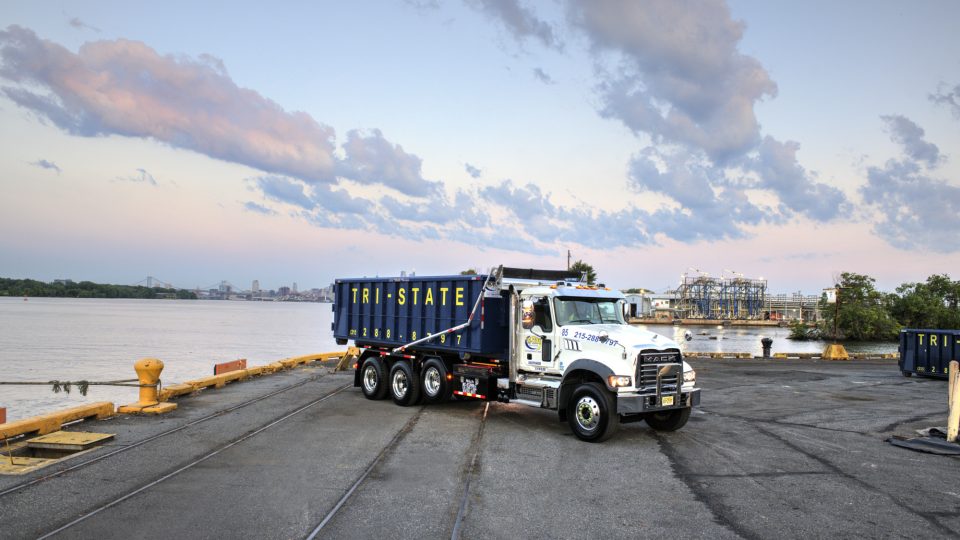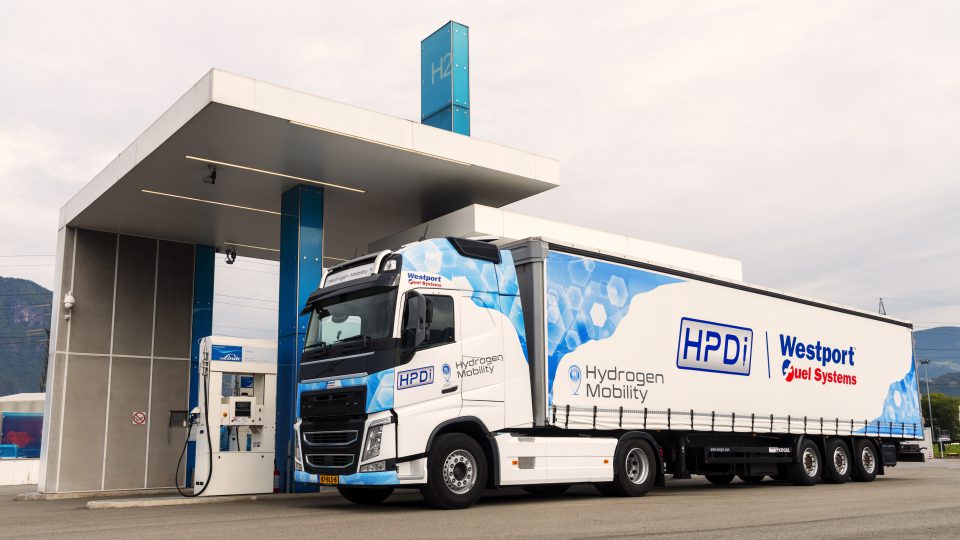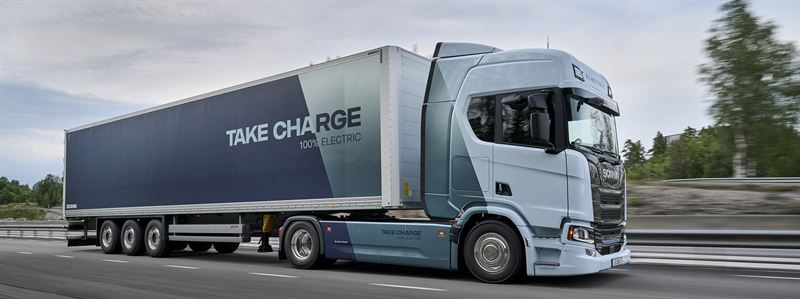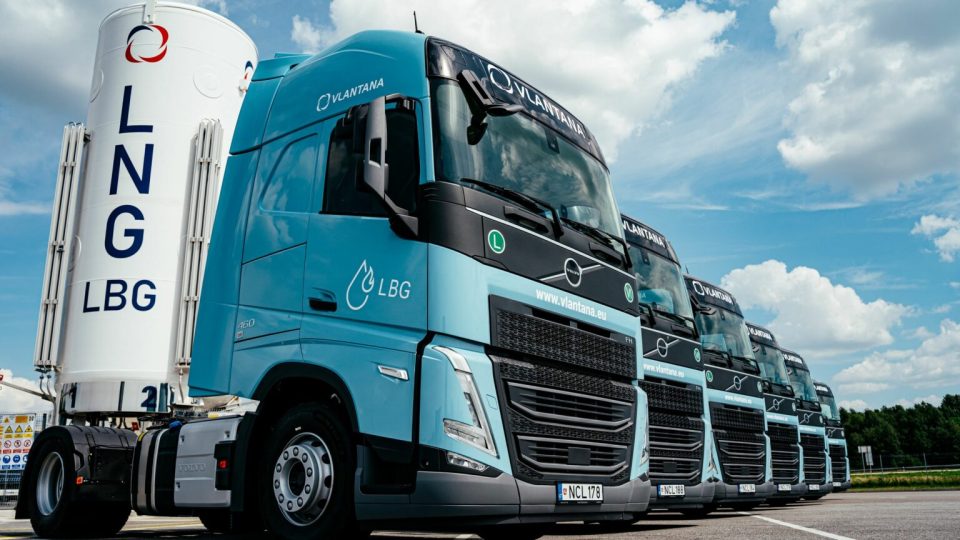A one-year trial run in Germany for three IVECO S-WAY natural gas trucks on Shell Bio-LNG
The Bio-LNG used by Shell is produced from agricultural waste, thus meeting the criteria of the EU's revised Renewable Energy Directive (REDII), and is a sustainable circular economy product. Accordingly, EDEKA Minden-Hannover and the other customers will receive statements with regard to the product's sustainability and carbon benefits.
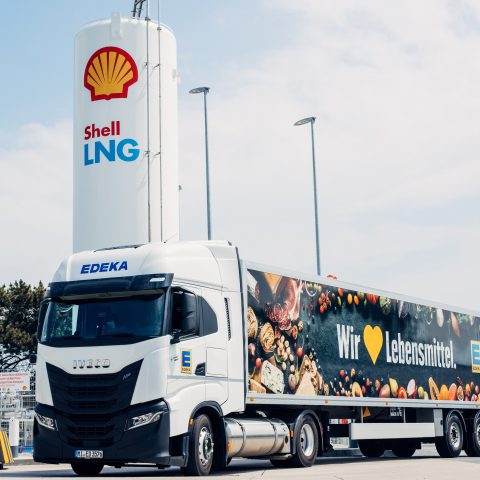
German supermarket cooperative EDEKA Minden-Hannover and two other customers chose three IVECO S-WAY natural gas trucks on Shell Bio-LNG for a one-year trial run. Such a news represents a significant step forward towards further expansion of Bio-LNG plants for long-haulage.
Each participant will run three trucks on the Bio-LNG provided for a year, thus significantly reducing carbon emissions during this time.
EDEKA Minden-Hannover has long had a focus on making its goods supply chain as environmentally friendly as possible. As a matter of fact, the German company is already natural gas trucks, such as 10 IVECO Stralis NP and 40 IVECO S-WAY natural gas models. This has led the company to addressing the sustainability of its fleet, which now includes 10 IVECO Stralis NP and 40 IVECO S-WAY natural gas trucks.
IVECO Stralis NP and the IVECO S-WAY natural gas in EDEKA Minden-Hannover’s fleet
The Bio-LNG used by Shell is produced from agricultural waste, thus meeting the criteria of the EU’s revised Renewable Energy Directive (REDII), and is a sustainable circular economy product. Accordingly, EDEKA Minden-Hannover and the other customers will receive statements with regard to the product’s sustainability and carbon benefits.
Talking about powertrain, the IVECO Stralis NP and the IVECO S-WAY natural gas in EDEKA Minden-Hannover’s fleet are equipped with Cursor 13 natural gas engines that comply with Euro VI step D emissions standards, can run on 100 percent Bio-LNG of the quality available on the market with no technical modifications or special adaptations.
According to IVECO, compared to a diesel truck, they emit considerably less nitrogen oxide and particulate matter emissions and the CO2 is up to 95 percent lower. This means unrestricted access to low emission zones in city centres.
Converting the vehicle fleet
«The conversion of our vehicle fleet, which represents the backbone of all of our logistics activities, is a key lever in reducing our carbon footprint», declared Thomas Steinlein, Head of Fleet and Transport Management at EDEKA Minden-Hannover. «The use of Bio-LNG throughout would of course be a major step forward towards achieving zero emissions. We are therefore delighted to participate in this pilot project to show what this advanced biofuel can contribute to achieving this aim».
Shell’s Nordsol Bio-LNG plant
On the fuel side, Head of Shell Germany Fabian Ziegler views this Bio-LNG trial run in Germany as a very important step towards the further expansion of Shell’s Bio-LNG plans for long-distance haulage. «A Nordsol Bio-LNG plant is scheduled to begin production as soon as this summer, and will feed into our European supply network. After that, we will be progressing in leaps and bounds, as we have submitted a planning permission application in Cologne for a 100,000 tonne plant for the production of Bio-LNG at the Energy and Chemicals Park Rheinland, and hope to break ground this autumn. This would enable us to supply our Shell LNG filling stations in Germany and their customers with Bio-LNG throughout the country as early as 2023, and help to reduce the carbon emissions caused by long-distance haulage by up to a million tonnes».










